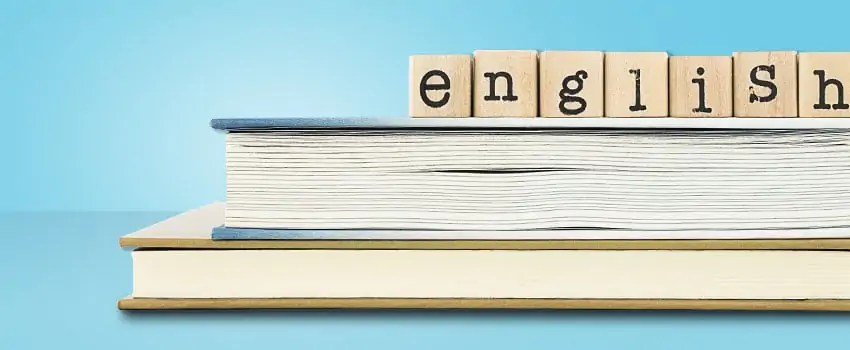You will write a ton of papers throughout your school life, but that doesn’t mean they all have to be the same. The difference between an ok paper and one that “wows” your teacher may not be entirely related to your writing skills. The types of resources that you use to conduct your research can also set your work apart and demonstrate your willingness to think outside of the box.
Here are some out of the ordinary source types that you should consider using in your next research paper:
1. Maps
Writing a paper on a specific period in history? (The Elizabethan era of Shakespeare, perhaps?) Is your topic focused on a particular part of the world? (For example, Greece, if you’re studying Greek mythology.) Including a map in your works cited page could help provide context to your topic. Also, who doesn’t love a visual aid?
For example, did you read All the Light We Cannot See and are writing about World War II? Using a map can help communicate which countries were associated with the Allies, the Axis, or neutral. Another map could show the progression of attacks and offensives.
If you’re interested in using a map for your paper, consider checking library databases for copies of historical maps, or find an atlas that shows geographical charts for your desired timeframe. Some libraries also have special map collections, so ask your librarian for help.
2. Interviews
Interviews express a person’s thoughts on a given topic in a very focused and concise way. They are often also very personal and can provide a human element to even the most scientific or static topic—which is especially useful in persuasive essays. The best part is, interviews are easy to find, and are often used in newspapers, magazines, or even as part of popular T.V. shows. When including interviews in your project or paper, be sure to account for or acknowledge bias—your teacher will appreciate your insight.
3. Letters/Correspondence
Including letters or even emails as sources in your reference list is a great way to add a personal touch to your paper. For instance, including a snippet of a letter from George Washington describing Benedict Arnold would be a great addition to your Revolutionary War research paper. Copies of historical letters and other correspondence can be found in places like the National Archives at https://www.archives.gov/. Libraries, universities, and museums are also great places to look.
All of these source types and more can be easily cited with the help of BibMe.org. Our citation tools can show you how to cite a website, create an APA reference page, generate an MLA citation, and much more! In addition, BibMe Plus has a grammar check to help you write well-written papers. Try it today!

